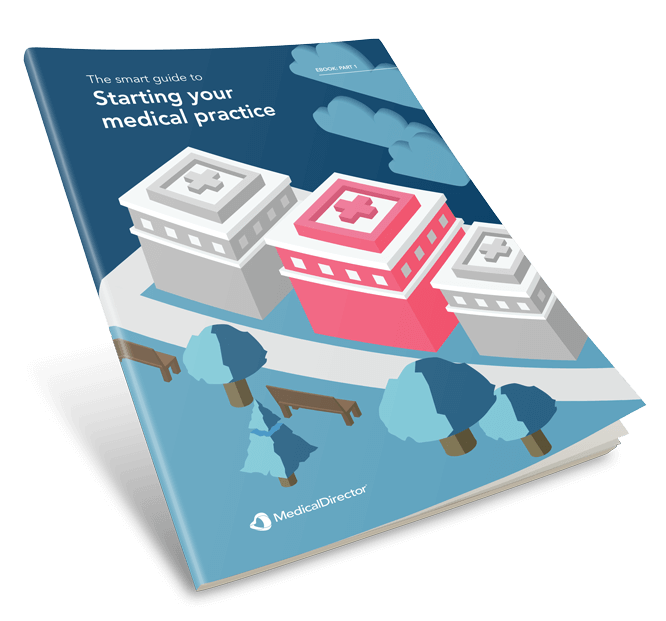Calculating costs of starting your medical practice
Starting your own medical practice can be exciting, but to invest in a practice that has healthy cash flow, and can scale and grow, you need to identify and plan for your start-up costs – so you can avoid as many surprises as possible.
Common practice start-up costs
There are many costs to consider when starting a medical practice, and it might seem overwhelming at first, trying to plan for every contingency. Even if you know what costs you will be facing, it can be difficult to know how much all the costs will really be once you start implementing your business plan. Below are costs you need to consider in your medical practice financial plan:
- Business plan development
- Preliminary accounting and legal advice
- Insurances and licenses
- Tenancy/lease bond agreements and property advice
- Telephone/internet installation
- Statutory requirements and legal advice
- Power connection
- IT infrastructure plan
- EFTPOS infrastructure
- Medical equipment/materials/machinery, office equipment, fixtures and fittings
- Staff recruitment costs, training costs, and wages
- Market research, marketing material, signage, and marketing plan
Factor one-time versus ongoing costs
Make sure you identify which costs will be one-off, which are monthly, quarterly, and annually. This will help you better manage and set up your budget, and better organise your cashflow from the outset. It is important to identify and budget for this from the very beginning, so you don’t get caught out in the future.
No one-size-fits-all financial plan
Your exact start-up costs will depend on the type of medical practice you are starting, and the region in which you are operating. The amount of costs in the different categories can also vary across industries, and regions. For example, a specialist practice may need to invest in specialist clinical management software, while a larger general practice would need to invest in a larger IT package that is tailored to a larger team of doctors and staff.
Setting expectations
It’s better to overestimate both the time and money it takes to start a medical practice. Some experts recommend adding at least 10% on top of your total costs to cover any miscellaneous expenses or unforeseen charges, and fees.
Meanwhile how long it takes for your practice to open its doors to generate revenue can make a huge impact on your cash flow and costs. Don’t set unrealistic expectations and never rush. If you get the timing wrong, costs, fees, charges and even penalties can escalate quickly – and you can find yourself under pressure to comply without enough income stream. This can have a significant impact on not only your practice as a business, but your professional reputation in the industry.
Where to start?
Do as much research as possible to get a clearer picture of your budget requirements and set expectations of your costs versus cash flow when starting out. Some great sources of advice include:
- Industry associations – like the RACGP offer valuable advice for practitioners ready to start their own practice
- Industry solution providers – like MedicalDirector, who can offer you support and advice on how much you will need to implement the right IT infrastructure that will scale and grow with your practice
- Government bodies – often offer tax and other incentives to help new businesses.
- Financial institutions – can offer tailored financial advice and guidance as to how best structure any loans
To find out more, download our free ebook: ‘Calculating the cost of starting your medical practice’
Chat to an expert
Ready to start a practice? Chat to an expert practice consultant about your needs today.










